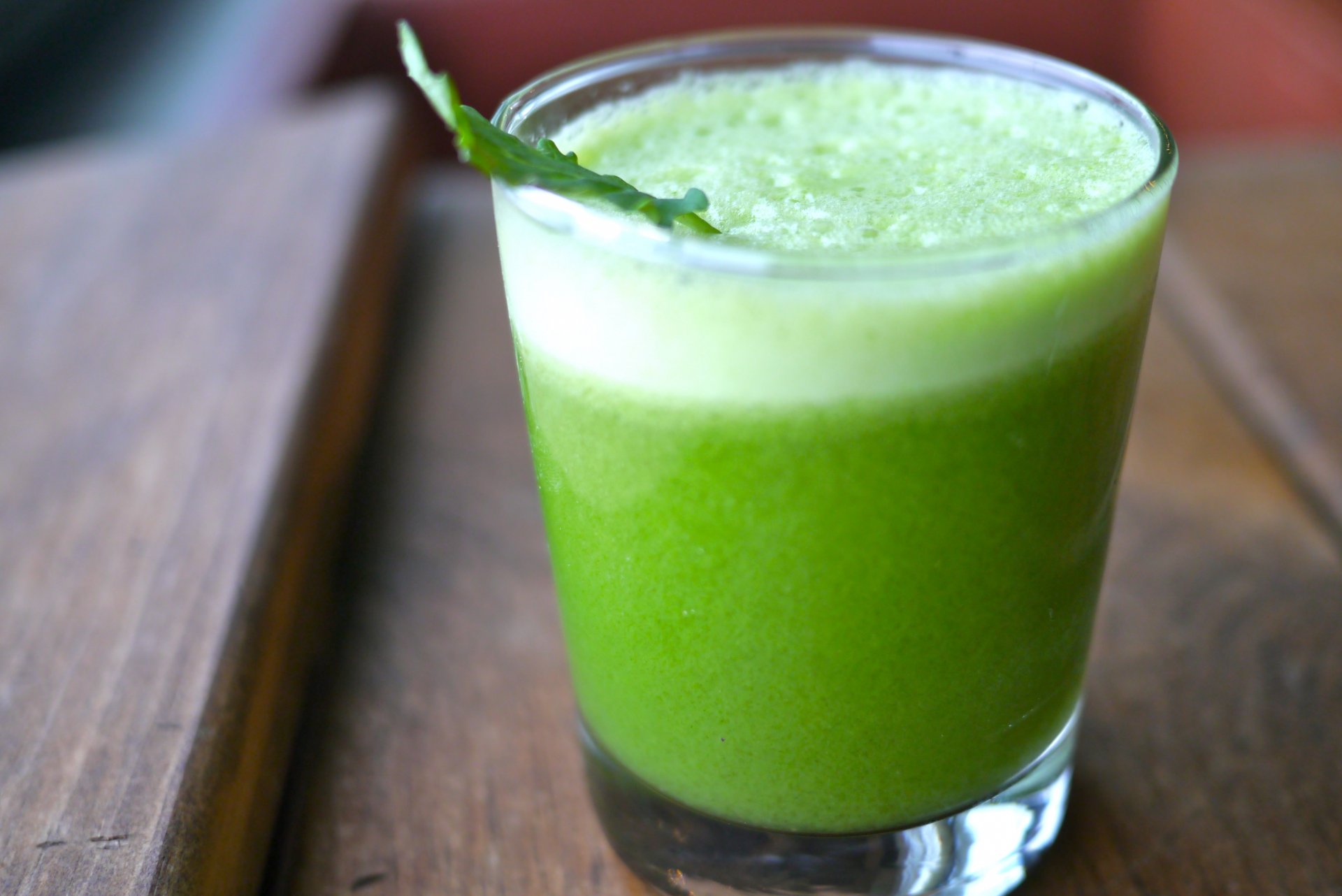“Gut instinct”
How many times have you heard someone say or felt as if your “stomach has a mind of its own,” well, that’s because it does. The gut’s lining houses an independent network of hundreds of millions of neurons, more than the spinal cord has, called the enteric nervous system. It’s so complex and of such relevance to other bodily processes that scientists refer to it as “the second brain.” In addition to being in charge of the digestive process, your gut lining is the core of your body’s immune system and defends you against foreign invaders such as viruses and bacteria.
Cells in the gut lining also produce 95 percent of the serotonin in our bodies. (The rest occurs in the brain, where the hormone regulates happiness and mood.) In the gut, serotonin has a range of functions, including stimulating nerve-cell growth and alerting the immune system to germs.
Thanks to serotonin, the gut and the brain are in constant contact with each other. Chemical messages race back and forth between the brain’s central nervous system and the gut’s enteric nervous system. When we’re stressed, scared, or nervous, our brain notifies our gut, and our stomach starts to churn in response. When our digestive system is upset, our gut alerts our brain that there’s a problem even before we begin to feel the symptoms. Scientists suspect that our moods are negatively affected as a result.
In addition to influencing the way we feel and our immune function, the stomach, correlative its health and subsequent ability to function as intended is of relevance to the bioavailability of the foods you ingest. Provided digestive function is not at least considered, it is almost a certainty independent as to the amount of minerals and vitamins you consume, of relevance to other bodily processes and the function of alternate organs, you will not synthesise such minerals to the extent the body is capable, perhaps at all, resulting in lower levels of such minerals than anticipated or in some instances, deficiencies.
What can I do to prevent or rectify such issues? I am glad you asked!
There are numerous means of improving the function of one’s digestive system, each as thoroughly studied as the last. In my experience, the most cost effective and viable method of doing so is through the use of a greens supplement.
What to look for in a greens supplement?
As with all things health orientated, the ingredients list can often be longer than Santa’s and the vast majority of its contents are not of sufficient potency to encourage the effects regarding health the products proclaims to. To save you the heartache often a repercussion of sneaky marketing tricks, I have listed 3 of the raw ingredients I believe of great relevance to digestive function, 3 ingredients to look for when buying a digestive aid.
Wheat Grass
Wheatgrass boasts some impressive nutritional stats. It’s an excellent source of chlorophyll, vitamin A, vitamin C, and vitamin E, and to top it all off wheatgrass contains 98 of 102 earth elements found in soil, including phosphorus, calcium, iron, magnesium, and potassium as well as essential enzymes and 19 amino acids. Wheatgrass is also overflowing with vitamins, and liver enzymes.
The star of wheatgrass’ nutritional makeup is chlorophyll, a phytochemical that gives dark leafy greens their colour. Chlorophyll is essentially the blood of plants; and in humans, it reverses aging, suppresses hunger, cleanses the blood, combats odour, and has been linked to the prevention of cancer. Wheatgrass is made up of 70 percent chlorophyll.
Barley Grass
Barley is a nutrient-rich superfood loaded with vitamins such as vitamin A, vitamin B1 (thiamine), vitamin B2 (riboflavin), vitamin B3 (niacin), vitamin B6, folate, vitamin C (ascorbic acid), vitamin E (alpha-tocopherol) and vitamin K (phylloquinone). It contains an abundance of electrolytes such as magnesium, phosphorous, and potassium along with other essential minerals such as zinc, iron, and calcium. Barley grass is also a rich provider of powerful antioxidants, essential amino acids, and beneficial enzymes. It also supplies valuable fibre to the body and does not offer any harmful cholesterol.
Alfalfa Grass
Alfalfa grass is loaded with vitamins and minerals. Vitamins K, E, C, D, B and A are all present. Vitamin D is typically difficult to get without either supplementation or getting some natural sunlight.
Magnesium, sodium, potassium, calcium, phosphorous, iron beta-carotene are also heavily present in alfalfa grass. When supplementing with alfalfa grass you can expect to experience improvements regarding your sleep, immune system function and lymphatic system function.
Alfalfa grass is also loaded with antioxidants. Antioxidants are shown to prevent cell damage and help cut down the risk of degenerative diseases such as cancer.
If the function of one’s digestive system goes without consideration for an extended period of time, the “bloating” and “discomfort” you may have grown accustomed to may very well be the least of your issues. I hope after making apparent its importance, function and the potential repercussions neglecting its health can cause, one listens a little more carefully to that “Gut instinct,” of theirs.

